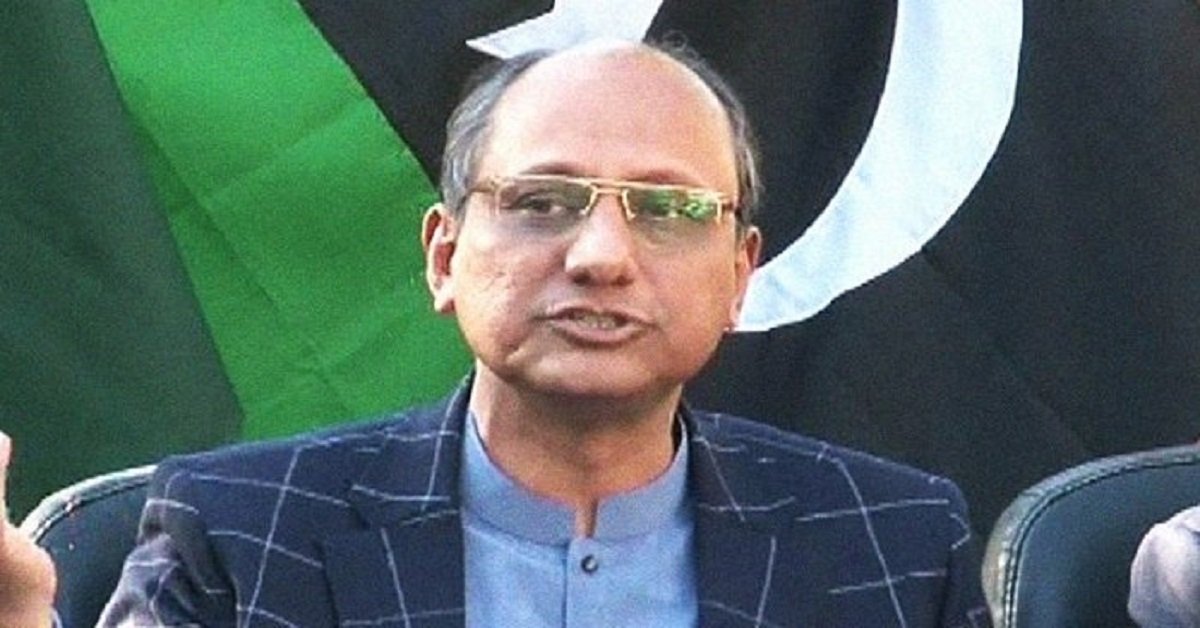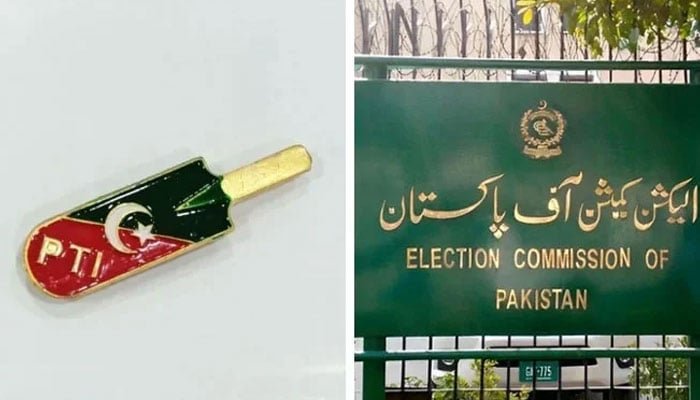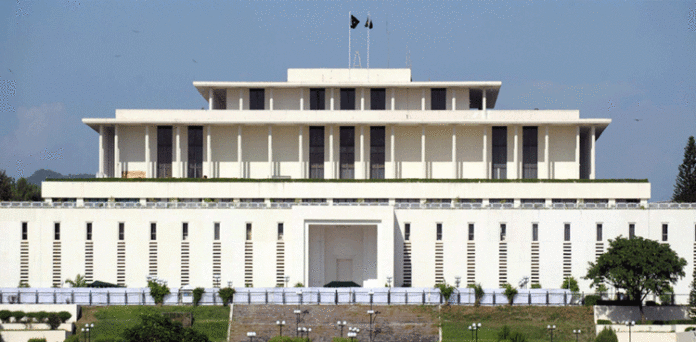People’s Party leader Saeed Ghani has made a statement indicating a shift in perspective concerning the President’s recent state. Approximately 28 hours after the President regained consciousness, Ghani suggested that he now realizes something went awry. In his statement, Ghani mentioned that Aarif Alvi, another prominent figure within the party, had woken up from sleep and emphatically denied his involvement, reinforcing the notion that the PTI (Pakistan Tehreek-e-Insaf) party has propagated a divisive political strategy.
This situation brings to light the ongoing tensions within the Pakistani political landscape. Ghani’s comment, while cryptic in nature, appears to suggest that the President’s recovery has led him to question the narrative that had been established. This narrative seems to align with the PTI’s approach to disseminating its policies, a stance that has drawn considerable criticism from the opposition.
On the other side of the spectrum, Karachi’s Mayor, Murtaza Wahab, has asserted that tweets hold no legal standing. This statement comes amid a growing debate about the credibility and impact of social media posts on matters of governance and politics. Wahab’s assertion underscores the complexity of the contemporary information landscape, where social media has become a platform for disseminating news, opinions, and policy stances. His expressed surprise upon viewing a particular tweet underscores the unpredictable nature of online discourse and its potential to evoke astonishment even among seasoned political figures.
The convergence of these statements from two different figures within the Pakistani political scene highlights the evolving dynamics of political communication in the digital age. The rapid dissemination of information, often through tweets and other social media platforms, can shape public opinion and influence political narratives. However, as the Mayor’s remark indicates, the legal weight and credibility of such platforms remain subjects of debate.
In a broader context, this incident also speaks to the challenges of navigating a media landscape where information flows ceaselessly and opinions can shift swiftly. The ability of political leaders to respond to and address these shifts effectively will likely continue to play a significant role in shaping public perception and, consequently, the political trajectory of the nation.
In conclusion, Saeed Ghani’s statement alludes to a changing perspective following the President’s recovery, and Murtaza Wahab’s commentary underscores the ambiguities surrounding the legal and societal impact of social media messages. These events serve as a reminder that in an era dominated by digital communication, the boundaries between political discourse, public opinion, and legal implications remain intricate and subject to continuous evolution.



